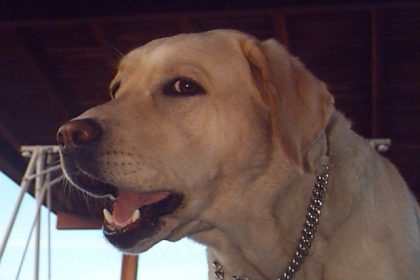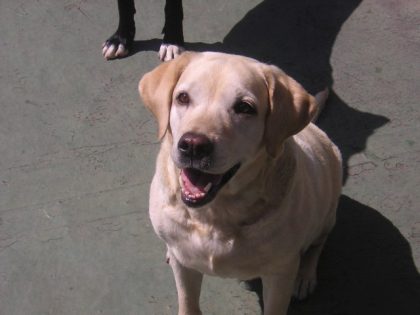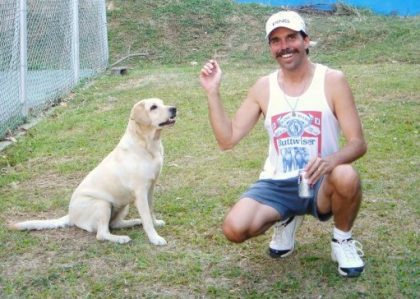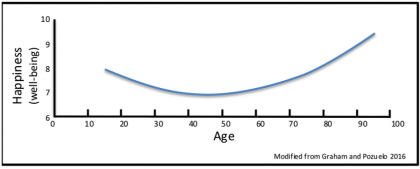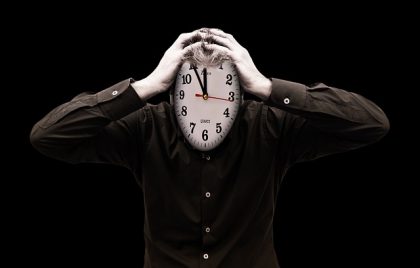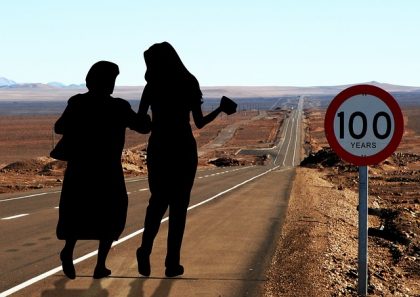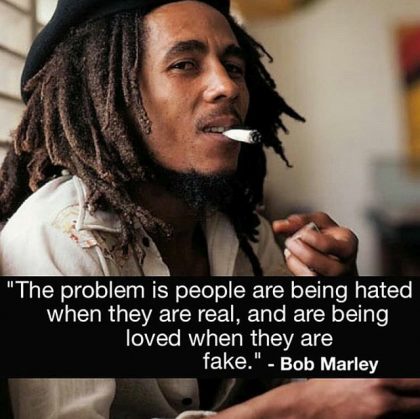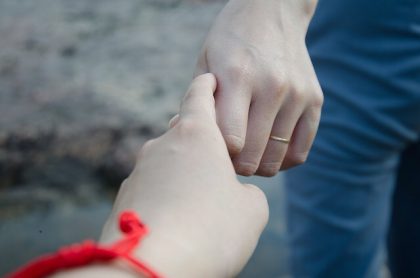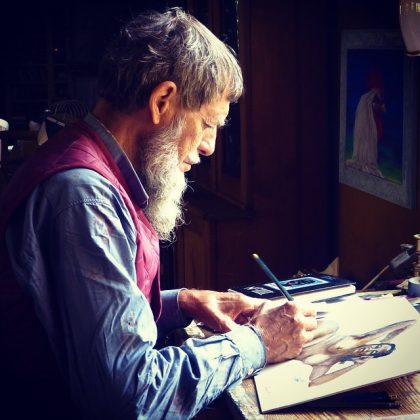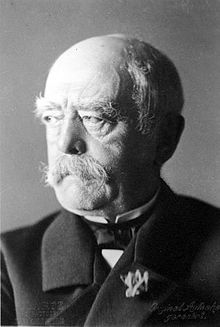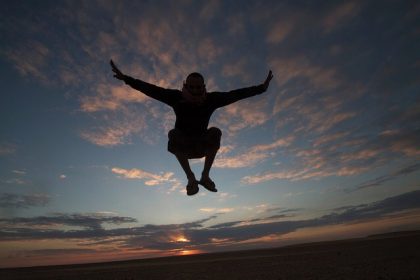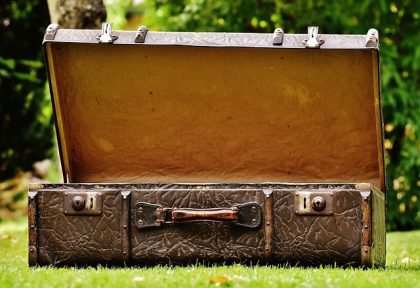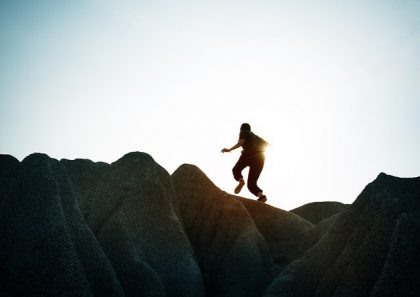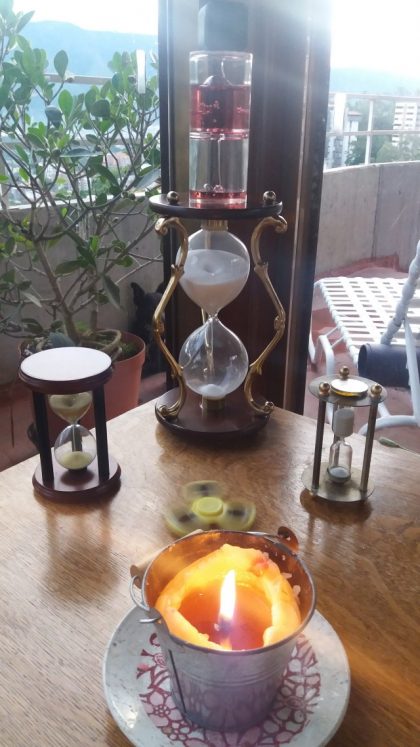 We can look at life as if it were a series of hourglasses. The only difference is that instead of having the tops sealed, they are open to allow adding more sand. When the grains pass from the top to the bottom, the sand creates small mountains which can be thought of as the history our life in 3-D. While we could look at many different examples, let’s look at three.
We can look at life as if it were a series of hourglasses. The only difference is that instead of having the tops sealed, they are open to allow adding more sand. When the grains pass from the top to the bottom, the sand creates small mountains which can be thought of as the history our life in 3-D. While we could look at many different examples, let’s look at three.
The most obvious of these hourglasses is the one of time. It determines how long we will live and when the last grain of sand passes through the opening linking the top to the bottom is when we pass from this reality we know, to another yet unknown. Some say the quantity of sand is predetermined, while others say it is a function of what we do and how we live. Of no doubt is that our time as we are now is limited.
 Our physical hourglass depends basically on two elements, the calories we consume and those we burn. If we take in more than we eliminate, we gain weight; otherwise, we lose weight, it’s that simple. If you want to eat a lot (and you have the means to do so), there’s no problem as long as you are willing to exercise a lot to burn it off. If we don’t assimilate enough calories, in no time will we not only lose weight, but also the energy we need to face each day. It’s a delicate balance we must strike to be physically fit.
Our physical hourglass depends basically on two elements, the calories we consume and those we burn. If we take in more than we eliminate, we gain weight; otherwise, we lose weight, it’s that simple. If you want to eat a lot (and you have the means to do so), there’s no problem as long as you are willing to exercise a lot to burn it off. If we don’t assimilate enough calories, in no time will we not only lose weight, but also the energy we need to face each day. It’s a delicate balance we must strike to be physically fit.
 At the same time, our economic hourglass is filled with the money we make, whether it be as an employee, or through any other source of income we might have. It’s diminished by our daily expenses. If we put in more than we take out, year after year, the hour glass will fill and be available if we need it for entertainment or necessity some day. On the contrary, if we take out more than we put in, our hourglass will constantly be empty and we will need to depend on family, friends, a bank, or a loan shark to survive.
At the same time, our economic hourglass is filled with the money we make, whether it be as an employee, or through any other source of income we might have. It’s diminished by our daily expenses. If we put in more than we take out, year after year, the hour glass will fill and be available if we need it for entertainment or necessity some day. On the contrary, if we take out more than we put in, our hourglass will constantly be empty and we will need to depend on family, friends, a bank, or a loan shark to survive.
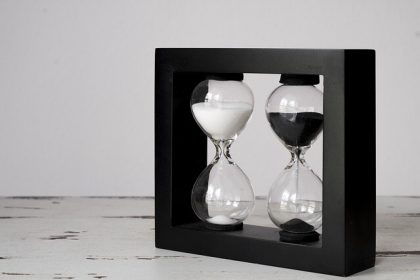 Managing our hourglasses isn’t easy, but when we achieve it we can live more satisfied with our place in the world.
Managing our hourglasses isn’t easy, but when we achieve it we can live more satisfied with our place in the world.
How can we do it?
Realizing life has a beginning and an end isn’t cause for anguish or desperation, rather of joy and reflection. If you are reading this now, it means you are alive. Perhaps yesterday wasn’t so swell and tomorrow may be unsure, but today is a reality. Besides, this moment goes with us wherever we go, so you might as well enjoy it as much as possible.
To optimize the physical hourglass, eat well and do some form of exercise everyday. It isn’t always easy and it takes determination and dedication, especially if we are struggling with one of the hourglasses in our life, but it’s essential we maintain our bodies in optimal condition. We have become lazy. Walk up the stairs every now and again to feel how the effort strengthens your legs and your increases respiratory capacity. Walk around the block in the afternoon, or if there is a river, lake, mountain or beach nearby, go there, but do something to keep moving.
To keep the hourglass of economics healthy, every time you receive money, regardless of the source, take fixed percentage and save it in a separate account. Begin to pay yourself first and live with what’s left over. You will see that economic resources will abound in your economic hourglass, growing little by little and giving you a sound economic base.
 As the famous saying in computation goes, “garbage in, garbage out.” The grains of sand you add to your hourglasses of life are what you will later use and give to others. If you take advantage of each moment, are careful with your eating and exercise, save some money from everything you earn, and put in the very best ingredients into each of your hourglasses of life, you will be wiser, healthier, and happier.
As the famous saying in computation goes, “garbage in, garbage out.” The grains of sand you add to your hourglasses of life are what you will later use and give to others. If you take advantage of each moment, are careful with your eating and exercise, save some money from everything you earn, and put in the very best ingredients into each of your hourglasses of life, you will be wiser, healthier, and happier.
∞ Rob McBride ∞
LL IV 38



